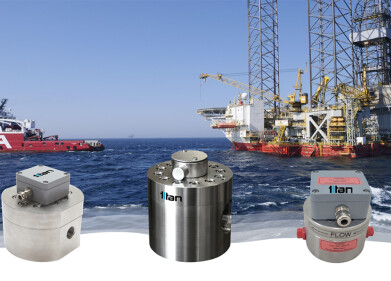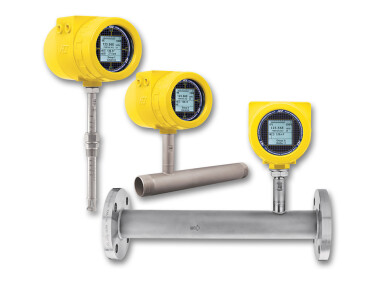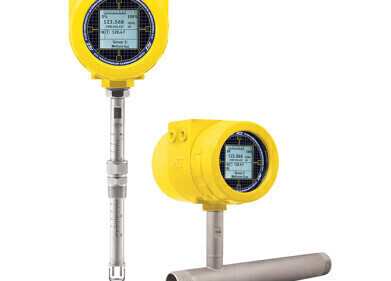Flow level pressure
How Can Mattress Foam Help with Oil Spills?
Jan 16 2020
In a breakthrough development that could revolutionise oil spill clean-ups around the world, a team of researchers has used cheap polyurethane foam called the Oleo sponge to efficiently soak up micrometre-sized droplets of oil suspended in water in under three hours. The study was published in the journal Nature Sustainability, with lead author Dr Pavani Cherukupally saying the "economically affordable technology" will help to minimise the environmental footprint of the oil and gas industry and drastically improve the efficiency of clean-up efforts.
Giving polyurethane foam an eco-friendly makeover
Every year the oil and gas industry reports thousands of spills, from largescale disasters like Deepwater Horizon to smaller incidents like the recent Galapagos spill. Oil contamination can have a devastating effect on water quality, as well as the health of flora and fauna in the area. The fracking industry is also a major concern, producing more than 100 billion barrels of toxic wastewater every year.
To develop the ultra-absorbent Oleo sponge, Cherukupally and the team enhanced basic polyurethane foam with a special coating to allow it to capture miniscule droplets of oil under any conditions, regardless of acidity. The coating alters the chemistry, texture and charge of the foam and features hair-like particles that attract oil droplets. During tests, the sponges soaked up between 95 and 99% of the oil in less than three hours.
"Having this economically affordable technology will help us reduce the environmental impact," says Cherukupally, who is also a research associate in chemical engineering at Imperial College London.
Cleaning up spills and capturing lost resources
To complement the new material, Cherukupally developed a solvent that extracts oil from the sponge and allows it to be reused. As well as offering oil companies the opportunity to reduce their environmental impact, the technology also offers a chance to recover valuable resources lost during spills.
"This recovered oil will have some value to it,” says Cherukupally.
For the oil industry, the technology could mark a major improvement on current methods used to clean up spills, including large floating booms that skim the surface and pool the oil so it can be burned off. Other companies such as BP have developed controversial, chemical-based methods that break up oil into miniscule droplets that can be digested by organic microbes.
Following lab and field testing, developers are now searching for commercial partners to launch the Oleo sponge onto the global stage.
From spills to fires, safety is front of mind for offshore platforms. For more insight into how new technologies are being used to minimise the dangers, don't miss 'Offshore Platform Fire Safety Sprinkler System Depends on Liquid Flow Assurance Switch.'
Digital Edition
PIN 25.6 Buyers' Guide
January 2025
Buyers' Guide Directory - Product Listings by Category - Suppliers Listings (A-Z) Articles Analytical Instrumentation - ASTM D7042: The Quantum Leap in Viscosity Testing Technology -...
View all digital editions
Events
Jan 20 2025 San Diego, CA, USA
Jan 22 2025 Tokyo, Japan
Jan 25 2025 San Diego, CA, USA
SPE Hydraulic Fracturing Technology Conference and Exhibition
Feb 04 2025 The Woodlands, TX, USA
Feb 05 2025 Guangzhou, China



















